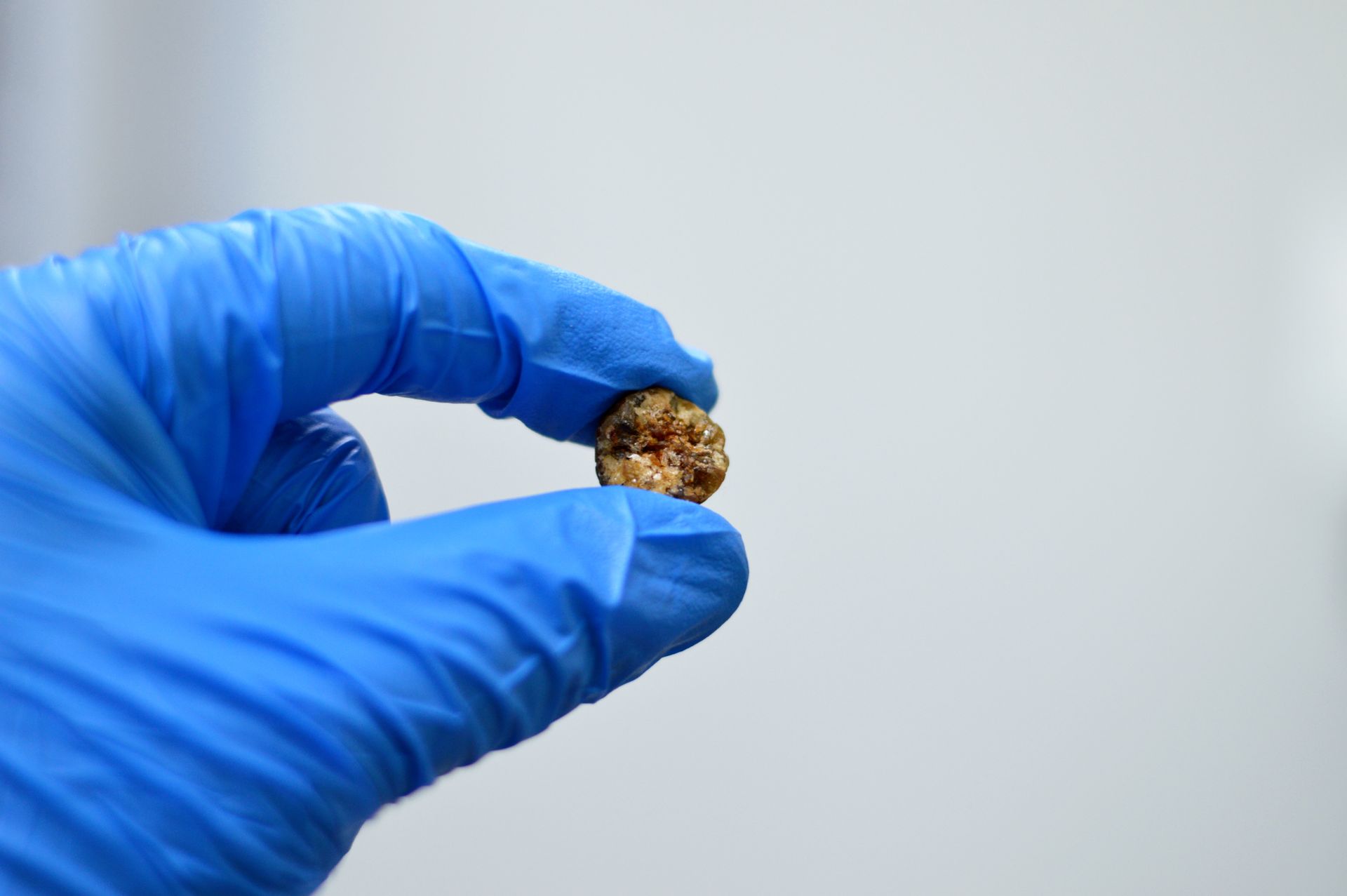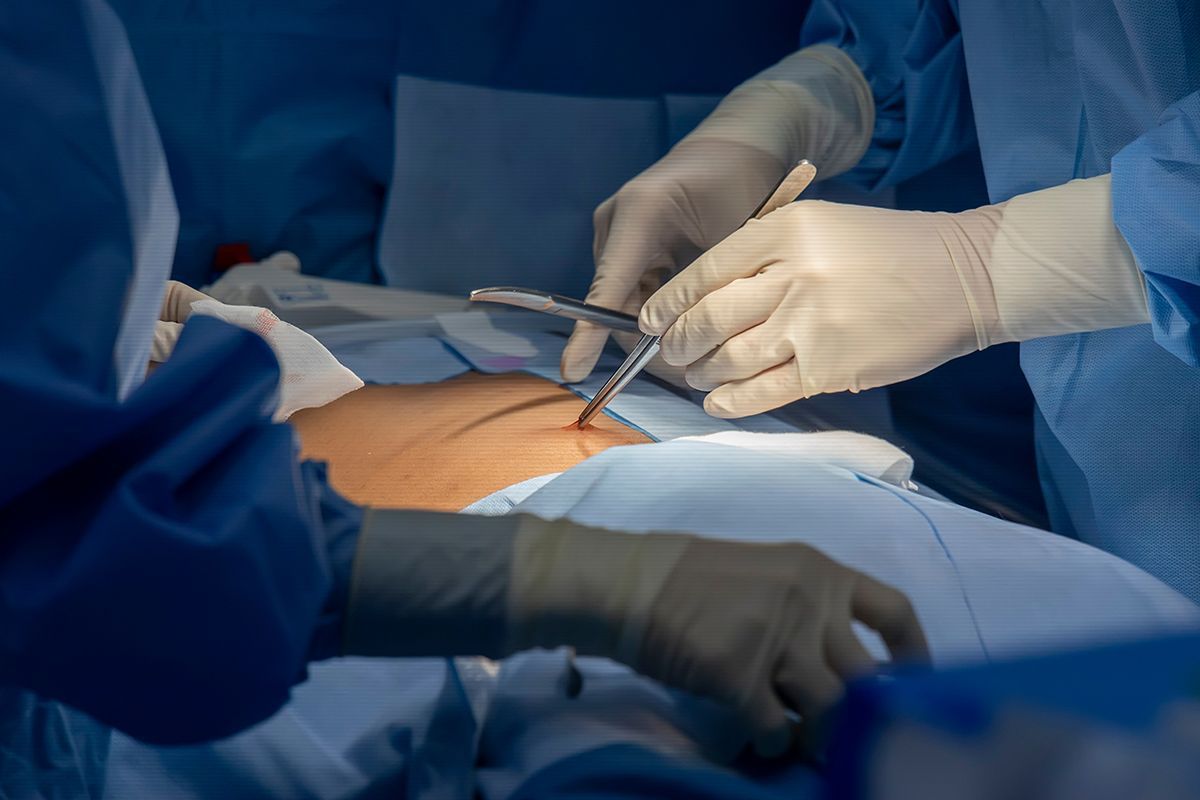Mount Elizabeth Novena Hospital #10-48/49
Your Guide to Hemorrhoid Surgery in Singapore
For those who suffer from hemorrhoids, the discomfort and pain can make even simple daily activities—like passing motion—unpleasant and difficult. When hemorrhoids reach this stage, people often start considering treatment to regain comfort and quality of life.
In this guide, we explore hemorrhoids, their causes, symptoms, and when surgery is necessary.
What is a hemorrhoid?
A haemorrhoid or piles, is a swollen vascular cushion located in the anal canal. Haemorrhoids can develop both internally (inside the anal canal) and externally (around the anal opening).
Internal piles are often painless but can bleed or/and prolapse, while external piles may cause discomfort or pain and, in some cases, itchiness and swelling.
Hemorrhoids are a common condition affecting individuals of all ages, although ageing, lifestyle, and dietary habits can increase one's susceptibility.
What Causes Hemorrhoids?
Hemorrhoids develop due to increased pressure on the anal cushions which contain vessels. Common causes include:
- Straining during bowel movements: This can occur due to constipation, making piles more likely to form.
- Prolonged sitting: Sitting for extended periods, especially on the toilet, can increase pressure on rectal veins.
- Pregnancy: The additional weight and hormonal changes during pregnancy can pressure the veins in the lower abdomen and pelvis.
- Heavy lifting: Repeated lifting of heavy objects can contribute to piles development.
- Obesity: Excess body weight can exert additional pressure on pelvic veins, increasing the risk of haemorrhoids.
- Low-fibre diet: A lack of fibre leads to harder stools and straining, both of which contribute to piles.
Symptoms of Haemorrhoids
Piles symptoms vary depending on the type and severity of the hemorrhoids. Common symptoms include:
- Bleeding: Often detected as bright red blood in the toilet bowl after bowel movements.
- Itching or irritation: Particularly around the anal area.
- Pain or discomfort: Especially with external haemorrhoids, which may cause swelling and tenderness.
- Swelling: External hemorrhoids may result in lumps near the anus, which can be uncomfortable.
- Mucous discharge: Internal hemorrhoids may produce a mucous discharge that can irritate the skin around the anus.
When is Piles Surgery Necessary?
While mild cases of piles can be managed through lifestyle changes, diet adjustments, and over-the-counter treatments, surgery may be necessary when:
- Symptoms persist despite non-surgical treatments.
- There is significant bleeding or pain.
- The piles are large, recurrent, or causing other complications.
- Thrombosed hemorrhoids (blood clotting within the hemorrhoids) develop, which can be particularly painful and may need urgent treatment.
Types of Piles Surgery
If surgery is deemed necessary, several options are available depending on the hemorrhoid's type, size, and severity. Here's an overview of the most common hemorrhoid surgeries:
Rubber Band Ligation
Rubber band ligation is often used for internal hemorrhoids. During this minimally invasive procedure, a small rubber band is secured around the base of the hemorrhoids, cutting off its blood supply. Without blood flow, the piles shrink and eventually fall off within a few days. This treatment is usually done in an outpatient setting and may require more than one session.
- Pros: Effective for smaller early-grade hemorrhoids, quick recovery time.
- Cons: May cause mild discomfort or bleeding after the procedure.
Sclerotherapy
Sclerotherapy is injecting a sclerosing solution into the hemorrhoids. This solution causes the piles to shrink and eventually slough off. Sclerotherapy is typically used for smaller piles and may be an option for those who cannot undergo rubber band ligation due to certain medical conditions.
- Pros: Quick procedure with minimal discomfort, suitable for those who cannot undergo other treatments.
- Cons: It may require a series of sessions for optimal results, which is not ideal for large haemorrhoids.
Hemorrhoidal Artery Ligation (HAL)
Hemorrhoidal Artery Ligation (HAL), also known as transanal haemorrhoidal dearterialisation (THD), is a technique where the blood vessels supplying the haemorrhoids are tied off, reducing blood flow and causing the hemorrhoids to shrink. Doppler guidance is used to locate and ligate the blood vessels supplying the haemorrhoids.
- Pros: Less invasive than traditional surgery, less pain, and effective for internal and external hemorrhoids.
- Cons: May require general anaesthesia, which carries risks. The results of this technique are still not as established as the traditional methods.
Hemorrhoidectomy
Hemorrhoidectomy is a surgery for removing large or severe hemorrhoids, especially if they are causing significant symptoms. The surgeon excises the hemorrhoid tissue, and the area is either stitched or left open to heal. Hemorrhoidectomy is regarded as the most effective treatment for large or prolapsed hemorrhoids. This remains time-tested and is still considered a gold standard.
- Pros: Provides long-term relief, highly effective for severe cases.
- Cons: Longer recovery time, potential post-surgical pain.
Stapled Hemorrhoidectomy
Stapled hemorrhoidectomy, or stapled hemorrhoidopexy, is a less invasive procedure often used for prolapsed hemorrhoids. During this procedure, the hemorrhoids is repositioned back into the rectum with a circular stapling device to cut off its blood supply, and gradually shrink it.
- Pros: Shorter recovery time compared to traditional hemorrhoidectomy, less postoperative pain.
- Cons: Generally, it is only used for internal hemorrhoids, so it may not be suitable for all cases.
Hemorrhoids Surgery in Singapore
Hemorrhoids are uncomfortable to live with, but treatments are available for those seeking relief. Understanding your options is crucial, whether you require a minimally invasive procedure or a more intensive treatment. Consult a qualified piles specialist to determine the best course of action for lasting relief and recovery.
At Colorectal Clinic Associates, patients receive personalised and expert care from doctors with extensive experience treating piles and other colorectal conditions. Our clinic in Singapore prioritises patient comfort and recovery, ensuring patients are well-informed and confident in their chosen treatment path.
Book a consultation for piles treatment.






